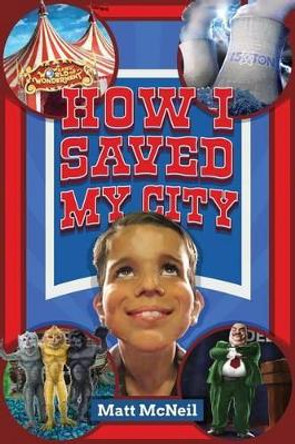Description
Reclaims the lost history of women's contributions to the development of American cities
In the days between the Civil War and World War I, women rarely worked outside the home, rarely went to college, and, if our histories are to be believed, rarely put their mark on the urban spaces unfolding around them. And yet, as this book clearly demonstrates, women did play a key role in shaping the American urban landscape.
To uncover the contribution of women to urban development during this period, Daphne Spain looks at the places where women participated most actively in public life-voluntary organizations like the Young Women's Christian Association, the Salvation Army, the College Settlements Association, and the National Association of Colored Women. In the extensive building projects of these associations-boarding houses, vocational schools, settlement houses, public baths, and playgrounds-she finds clear evidence of a built environment created by women. Exploring this environment, Spain reconstructs the story of the "redemptive places" that addressed the real needs of city dwellers-especially single women, African-Americans, immigrants, and the poor-and established an environment in which newcomers could learn to become urban Americans.About the Author
Daphne Spain is professor in the Department of Urban and Environmental Planning at the University of Virginia.
Book Information
ISBN 9780816635320
Author Daphne Spain
Format Paperback
Page Count 332
Imprint University of Minnesota Press
Publisher University of Minnesota Press
Dimensions(mm) 229mm * 149mm * 25mm






